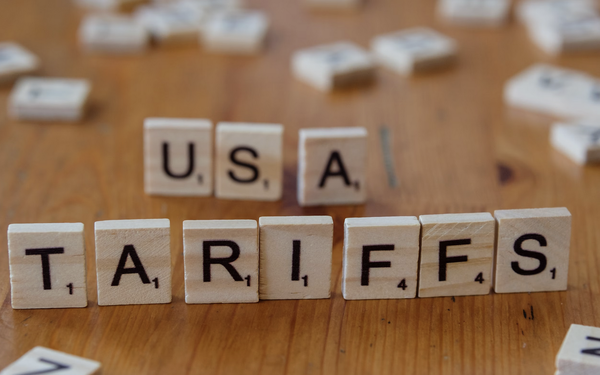
And then they came for our world cinema. The tariff
du jour is foreign movies.
“President Donald Trump said in a Truth Social post on Monday he will be imposing a 100% tariff on any and all movies that are made outside of
the United States,’” according to CNN Business. “Trump did not specify when or how the tariff could be
enacted.”
Trump made a similar threat to tariff foreign-made films in May.
“But the White House quickly softened its tone and no action was
taken,” according to CNBC. “It was unclear what, if anything, was different between Trump’s prior
threat and his current one.”
advertisement
advertisement
The latest announcement follows a sweeping round of tariffs President Trump announced last week on Truth Social.
That includes
a 100% tariff on some pharmaceutical products, 50% tariff on kitchen cabinets, 30% on upholstered furniture and 25% tariff on heavy trucks.
“While Trump said that
pharmaceutical companies that are breaking ground on manufacturing facilities, or have facilities under construction, in the United States won’t be hit with the 100% duties, he gave no
indication that companies could escape the 50% kitchen cabinet and 30% upholstered furniture levies,” according to Fast Company.
Ikea is one company that will be
hit by the tariffs. Shortly after Trump’s latest announcements, “Ikea tariff” began trending on social media.
The Swedish company responded, and warned that
customers may soon face higher prices as a result.
"Our goal is to offer affordable, good-quality home furnishings to everyone," Ikea told Newsweek. "In our experience across the markets we operate in, tariffs make these
ambitions more difficult.”
American producers of kitchen cabinets are happy with the new tariffs.
“Two industry groups, the American Kitchen Cabinet
Alliance and the Kitchen Cabinet Manufacturers Association, have advocated for tariffs ‘of at least 100%,’ they say, ‘to stop the flood of foreign imports,’” according to USA Today. “While reshoring American
manufacturing and protecting domestic jobs may be the goal, some observers are concerned that these policy steps are being taken at the expense of moderate-income Americans, many of whom are
struggling to keep up.”